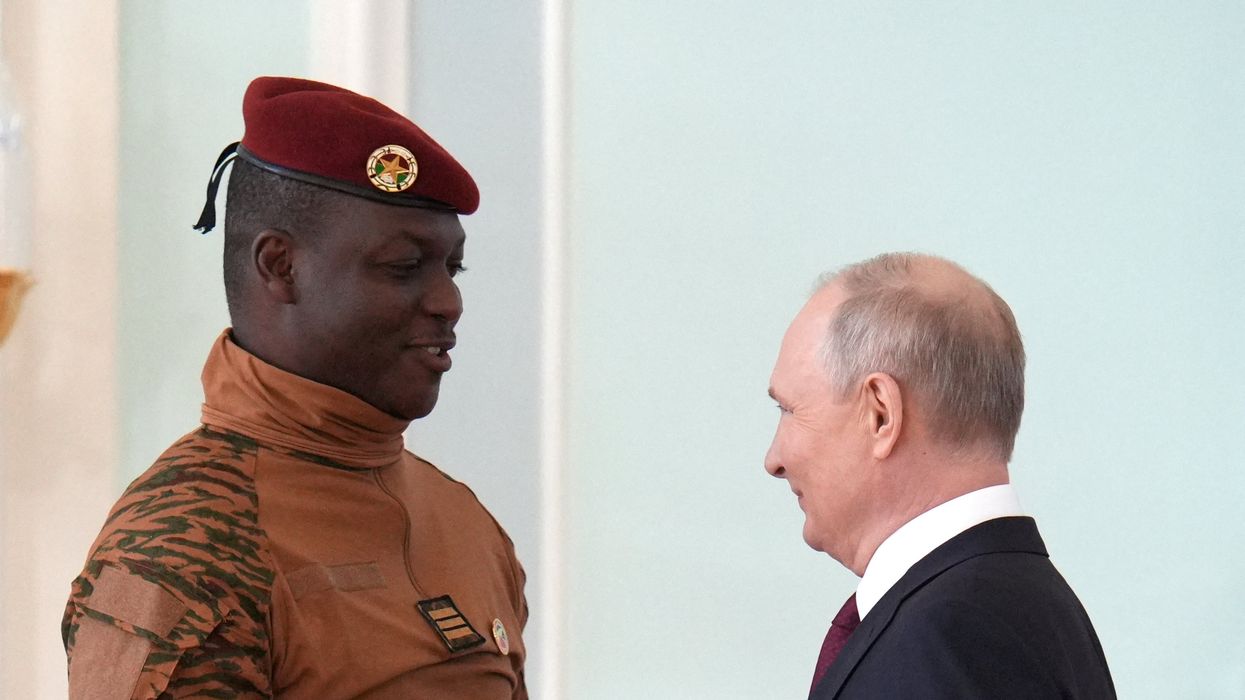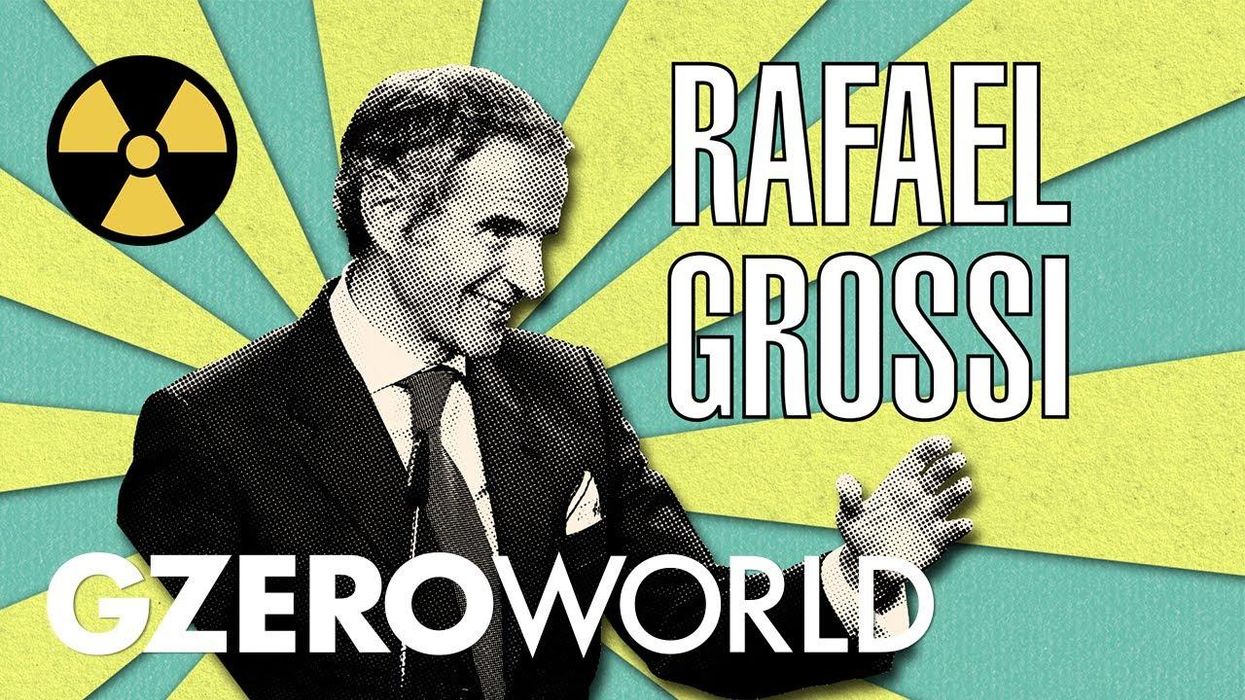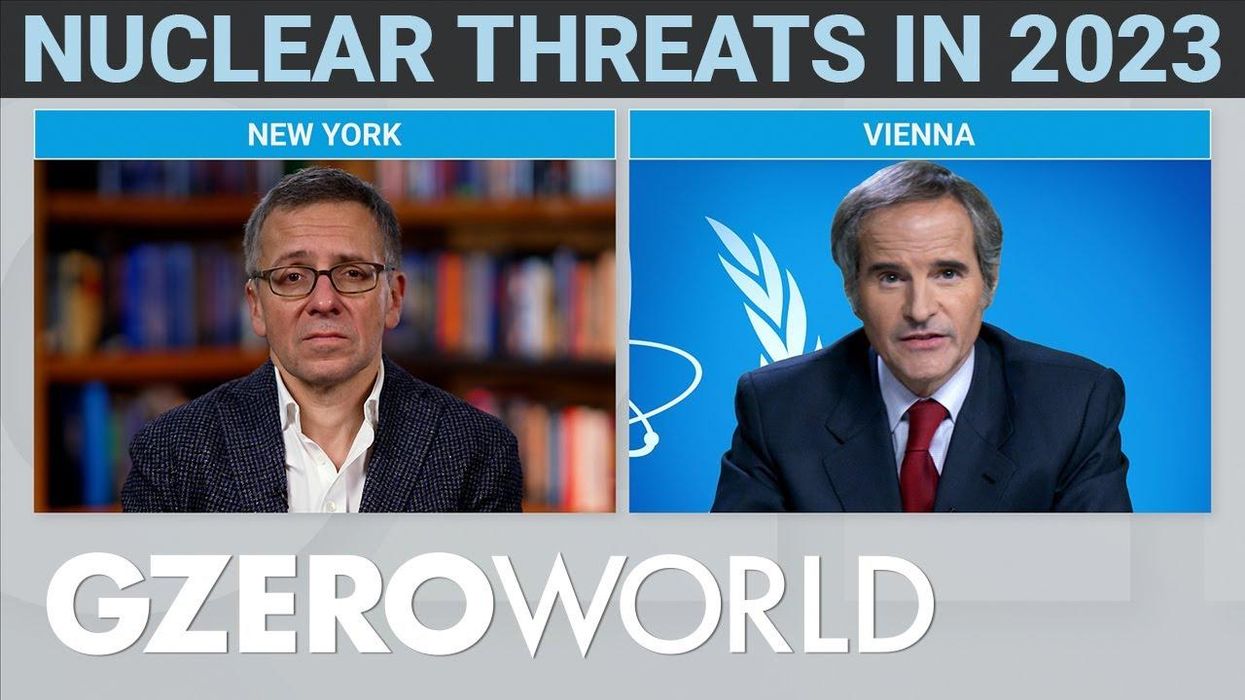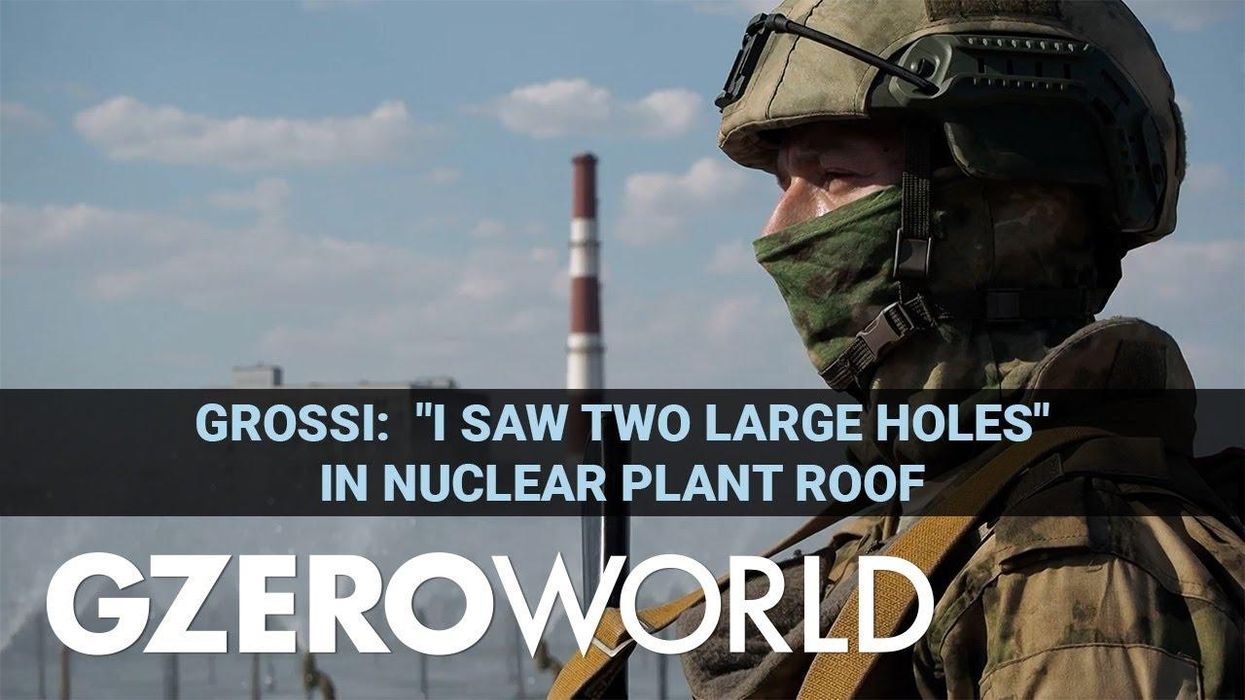News
Russia helps Burkina Faso go nuclear
Burkina Faso has signed a deal with Russian state energy company Rosatom to build a nuclear plant in the West African nation. The agreement follows discussions in July between Burkinabe military leader Capt. Ibrahim Traore and Russian President Vladimir Putin at the Russia-Africa Summit in St. Petersburg.
Oct 15, 2023




